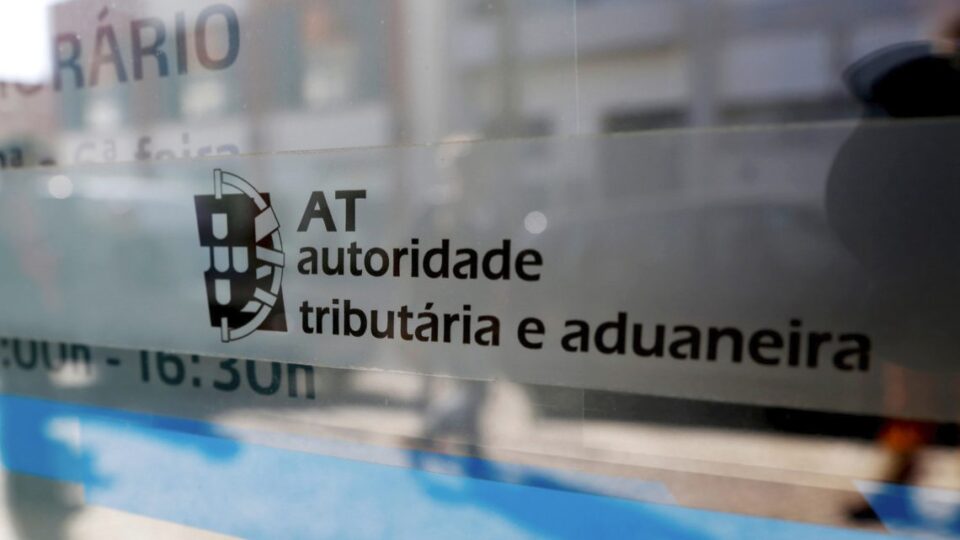This is how STI reacted to the conclusions of the audit of the performance of tax control in the context of real estate rental, carried out by the General Inspectorate of Finance (IGF) in 2023, which concluded that AT does not have a comprehensive plan to control illegal rental that integrates complaints and information on water and energy contracts that supplier companies are obliged to send you.
The Tax and Customs Administration (AT) is having difficulty controlling undeclared income due to lack of resources and mechanisms and rules that make the activity difficult, the Tax Workers' Union (STI) said today in a statement.
This is how STI reacted to the conclusions of the audit of the performance of tax control in the context of real estate rental, carried out by the General Inspectorate of Finance (IGF) in 2023, which concluded that AT does not have a comprehensive plan to control illegal rental that integrates complaints and information on water and energy contracts that supplier companies are obliged to send you.
According to STI, “AT’s difficulty in controlling undeclared income” is “easy” to understand. “This is partly justified by a lack of human and material resources, but not only that. The truth is that instead of helping inspectors, tax and customs directors to do their job, AT has created mechanisms and rules that harm and make this work difficult.”
For Gonzalo Rodriguez, president of STI, this performance audit conducted by the Internet Governance Forum “highlights, once again, a fact that the syndicate structure has been warning about, namely that this is one of the many evidences of work that AT should and should not do,” according to the same note.
According to the union, “the undeclared values in the lease add up to fraud and tax evasion and are not just leftovers. It will be important for them to be searched and charged.”
For STI, AT, “lacking human and material resources, is still deployed in routine and robotic tasks rather than being used to combat fraud, tax evasion and economic and financial crimes.”
According to current legislation, companies supplying water, energy and telecommunications must inform AT, by April 15, July 15, October 15 and January 15, of the contracts signed with their customers, as well as changes that occurred in the previous quarter.
This communication is done through what is called IMI Form 2, with the IGF noting that there is no plan on the part of AT to integrate the information contained in this Form 2 with the undisclosed lease reports.
The audit concluded that this information “was not used consistently for oversight purposes, despite its usefulness in analysing tax evasion risks”, with the IGF noting that this was demonstrated by the results obtained in the samples formed based on this information. 60% of tenant contractors did not have a registered/current lease and 25% of landlord contractors, who had contracts to supply multiple homes, had no declared activity.
The IGF also says that AT does not know the volume of complaints received and does not have an application that simplifies the communication process and “ensures its efficient, dematerialized and centralized management.”

“Wannabe internet buff. Future teen idol. Hardcore zombie guru. Gamer. Avid creator. Entrepreneur. Bacon ninja.”

